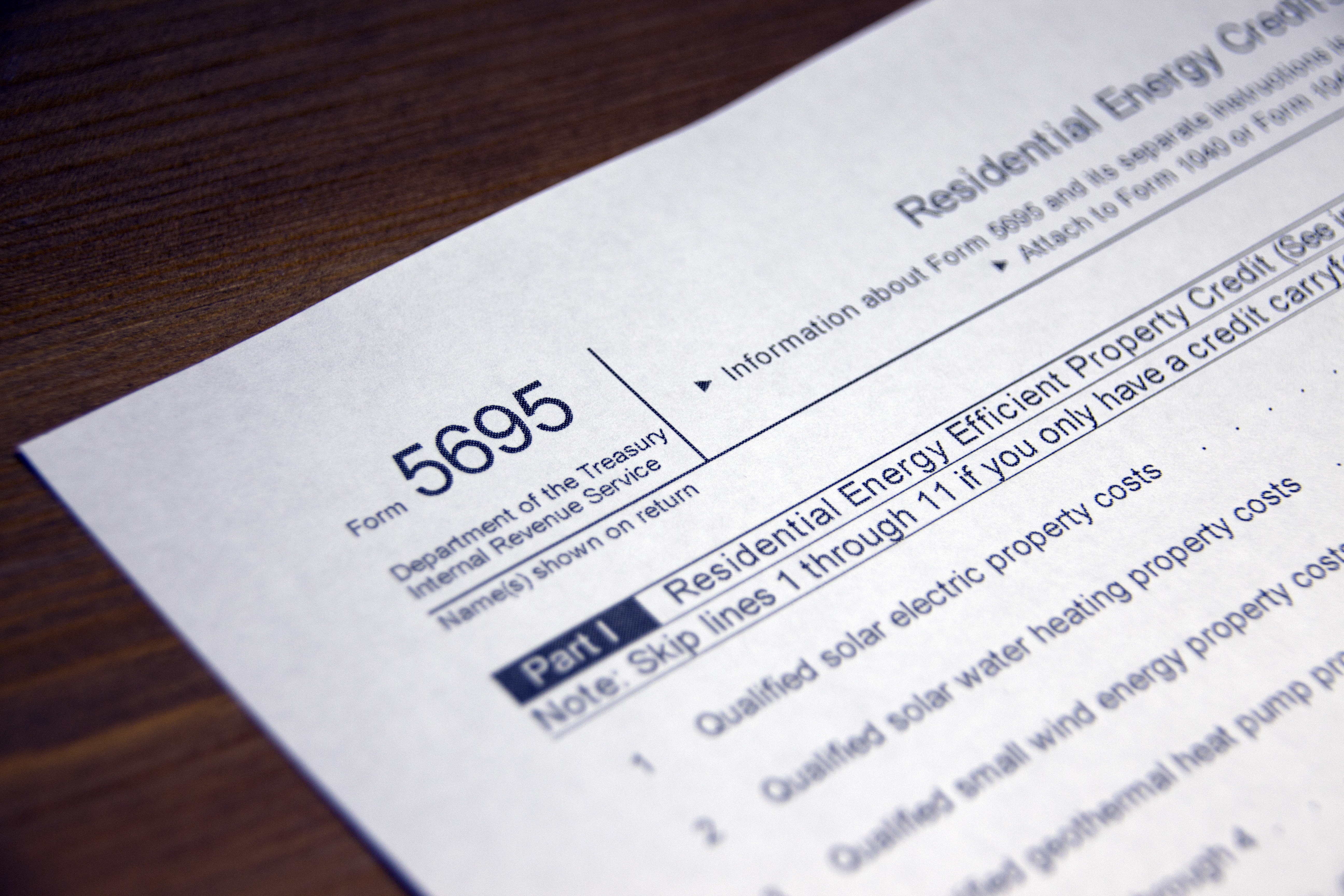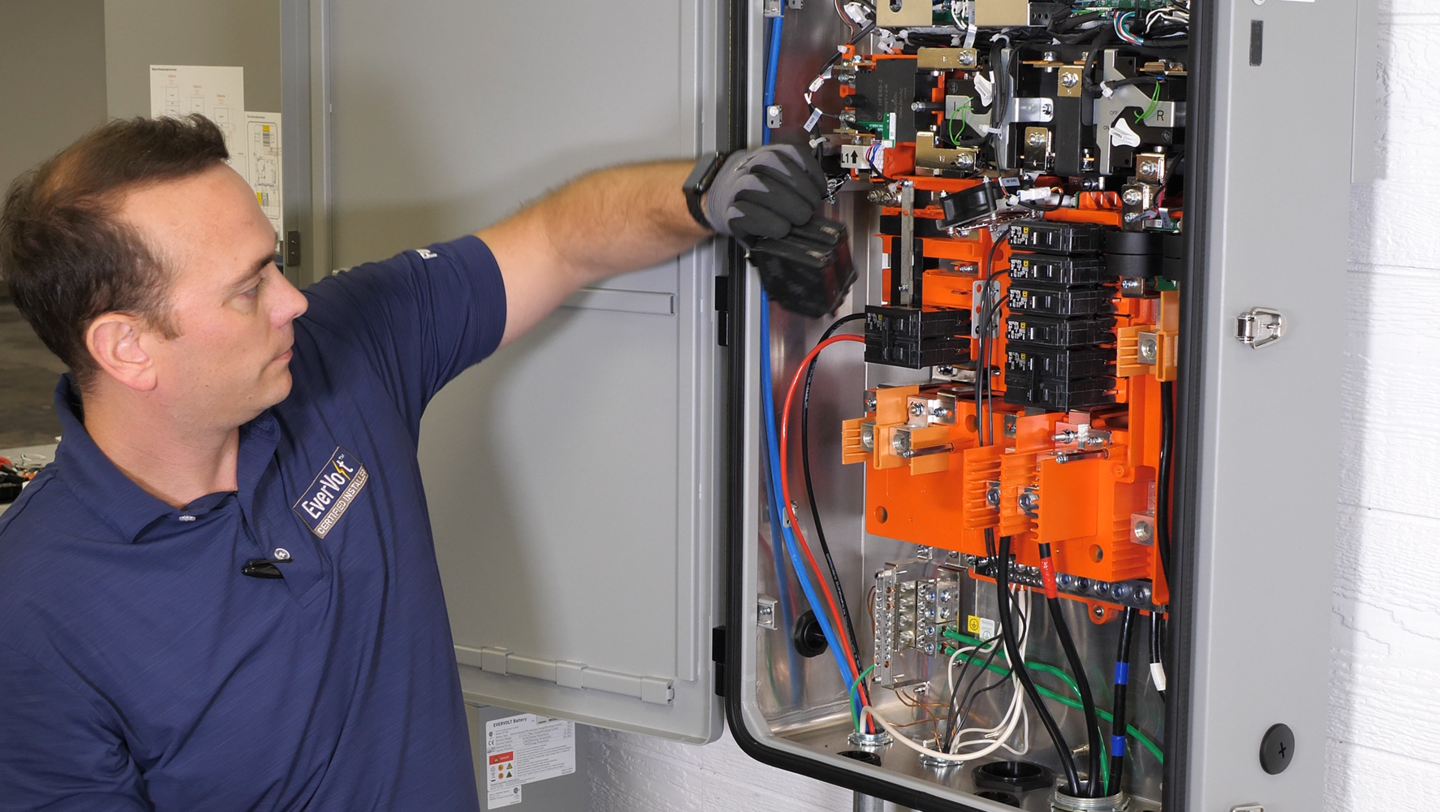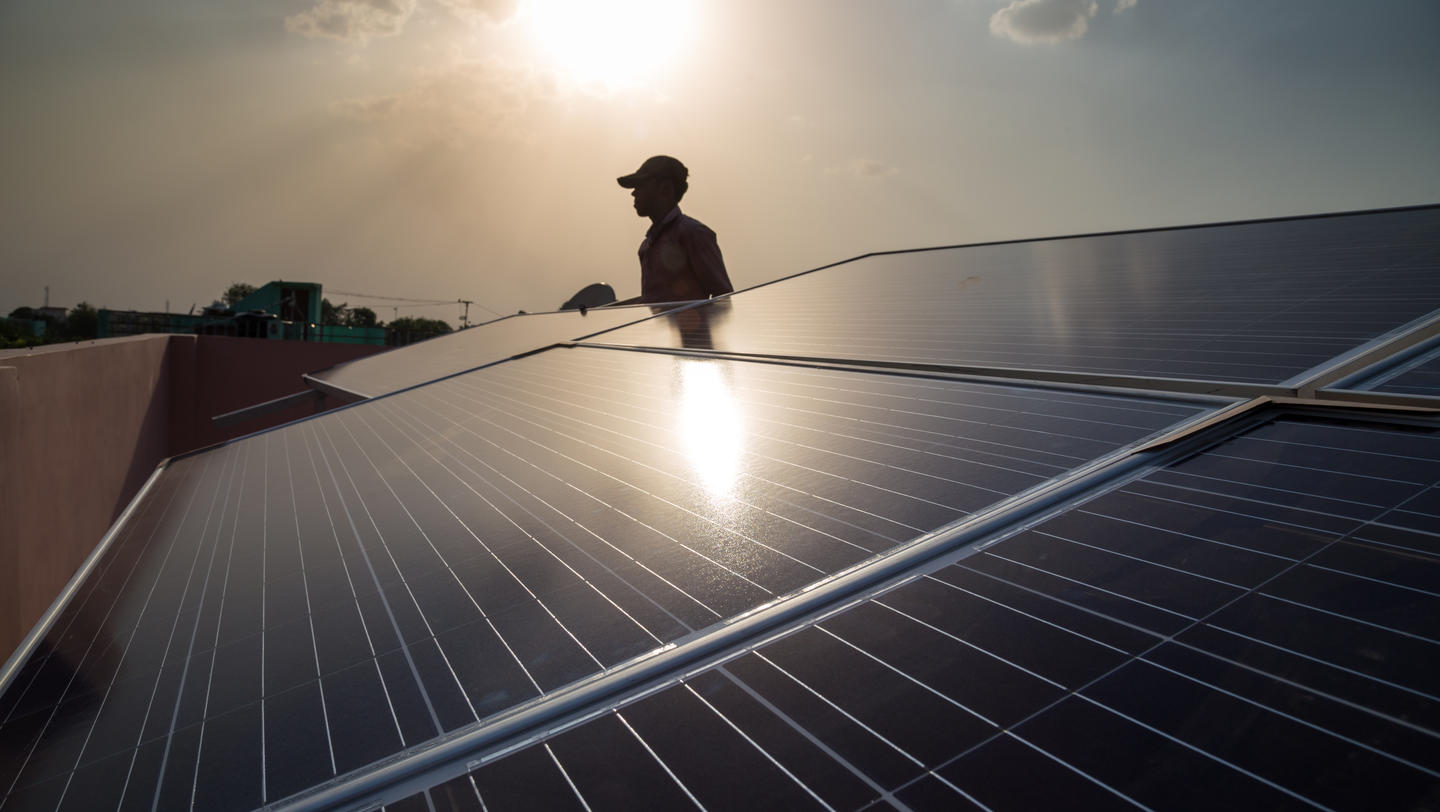The Solar Investment Tax Credit: Why It's Time To Switch

The Solar Investment Tax Credit: Why It's Time To Switch
Thinking of converting your home to solar power? Doing so has never been more affordable. The median price of a solar setup decreased 8% in just 18 months, from the end of 2016 to mid-2018, according to Berkeley Lab’s September 2018 “Tracking the Sun” report.
Homeowners can also still tap into a 30% solar investment tax credit. The tax credit will expire by the end of 2022, so you need to act soon.
How the Solar Investment Tax Credit (ITC) works
According to the Department of Energy, you can deduct 30% of the cost of your new system, with no maximum on the total amount you can claim, against your income when you file your yearly income tax return.
Most expenses tied to your project qualify for the credit, including gear like solar panels, rooftop mounting hardware, wiring, and the solar inverter system (which converts DC power from your solar panels into the AC power used by everything from your fridge to your iPad). Labor counts, too, and includes everything from any pre-install prep your home may need to assembling and wiring the system.
Claiming your federal Solar Investment Tax Credit
You’ll want to make sure you claim the credit in the right tax year. According to the Department of Energy, you can only claim the credit in the year your system is active and ready to use.
If you buy your system’s components in the fall of 2019 but your system isn’t activated until late 2020, you would claim the credit on your return for the 2020 tax year. If your home is newly built and includes a solar-power system, you’d make your claim in the year you moved in. When preparing your return, complete Form 5695, which details your total qualifying expenses and calculates your credit for the current tax year.
If your total deduction is more than you owe, you can carry over the excess to the next tax year. Calculate any applicable carry-forward on the Residential Energy Efficient Property Credit Limit Worksheet.
What are the deadlines
You have until December 31, 2019, to bring your system into service, according to the Department of Energy, and receive the full 30% credit. The credit will drop to 26% for systems installed from January 1, 2020, through December 31, 2020, before dipping to 22% from then through December 31, 2022. The credit expires on the first day of 2023.
Estimating the cost of a residential solar system
To start, estimate the cost of the system. For this scenario, we'll use publicly available figures starting with the typical American home’s energy use. For exact pricing, contact your local solar installer.
According to the Energy Information Administration, the average U.S. household used 10,399-kilowatt hours (kWh) of electricity in 2017, or about 30 kWh a day. We’ll base our energy usage on this figure, and assume you want to get all your power from solar.
Next, determine the average number of hours your home receives sunlight a day. An installer can give you specific info on daily usable sunlight for your state. To figure out the right system size, divide your daily usage in kilowatt hours by the number of sunshine hours.
In this example, the home receives an average of five hours of sunlight a day and would require a 6 kW (6,000 watts) system. To get a cost estimate, multiply Berkeley Labs’ median U.S. price of $3.69 per watt, which represents the upfront price paid by the system owner, by the required wattage, 6,000 watts.
A typical 6 kW system would cost an estimated $22,140. But with a 30% tax credit, you would only effectively be paying $15,498, or $6,642 less.
Think local
Don’t forget about programs from your state and local utility. These include rebates and grants, like Maryland’s Residential Clean Energy Grant Program, through which you could receive $1,000 toward the installation of your home solar system. Residential customers in North Carolina can receive rebates up to $6,000. Arizona offers a state tax credit for 25% of the cost of your setup, to a maximum of $1,000.
Check with your state government, utility company or solar installer for details on programs and credits in your area.
![]()













